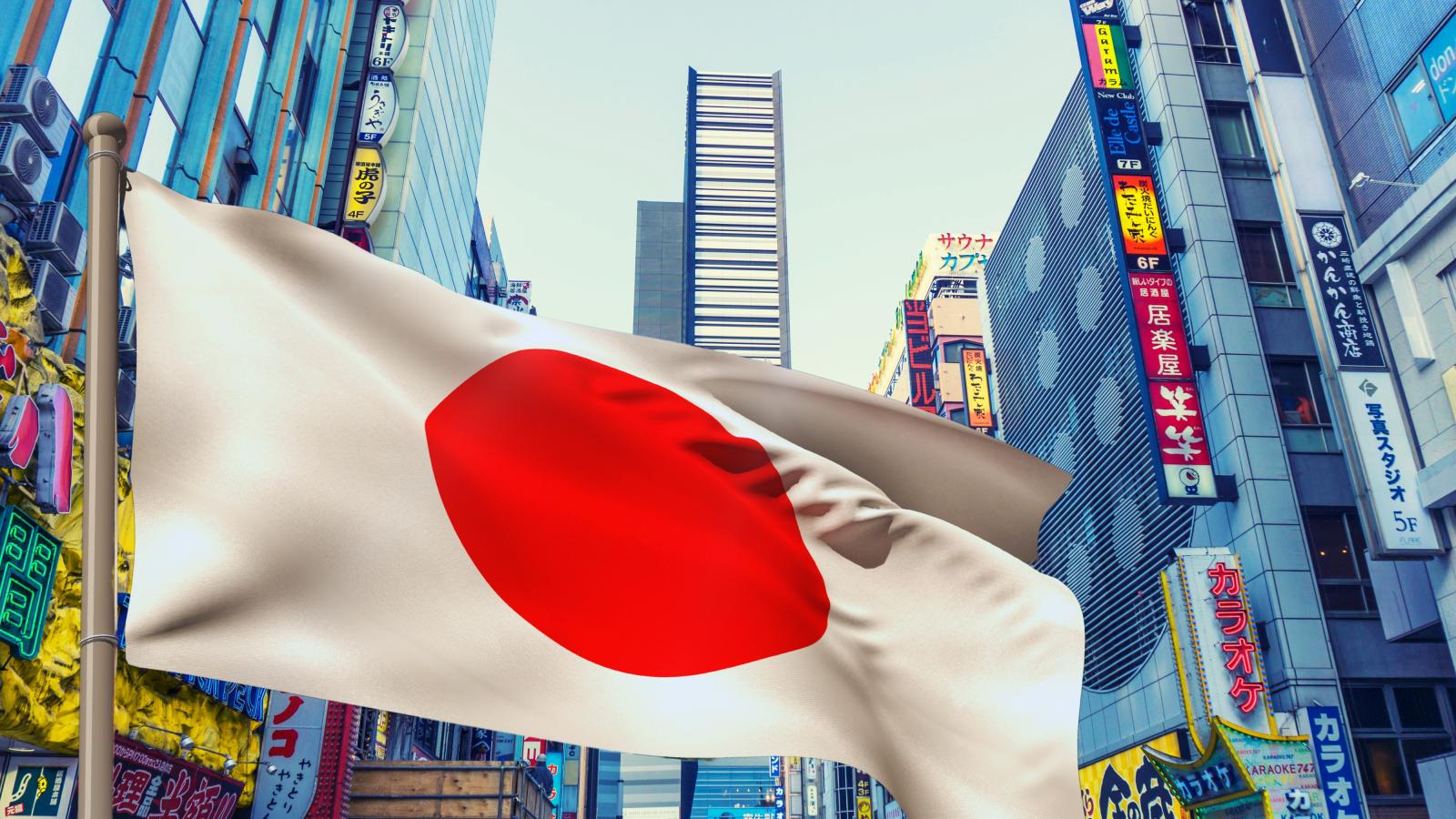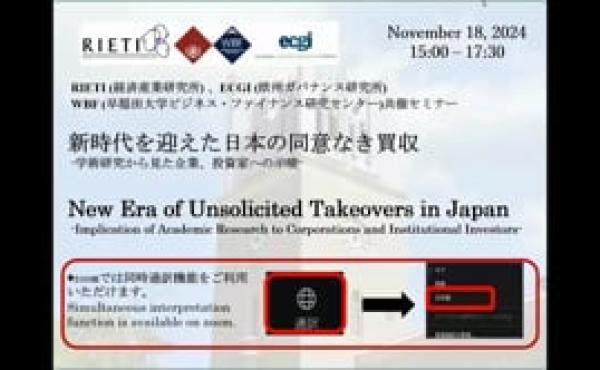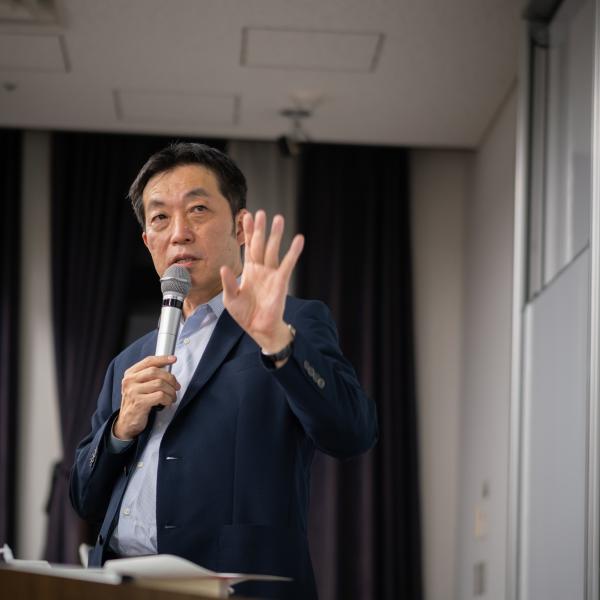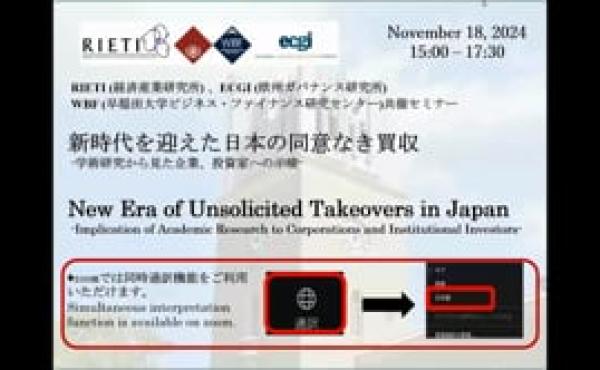
The ECGI blog is kindly supported by

Japan’s Corporate Governance Revolution: How Unsolicited Takeovers Are Reshaping the Business Landscape
Japan is undergoing a corporate governance transformation that could reshape its economic landscape. The recent symposium, A New Era of Unsolicited Takeovers in Japan, co-hosted by RIETI, the Waseda Institute of Business and Finance, and ECGI, offered a fascinating examination of the implications of this shift. As recent reforms redefine the rules of corporate acquisitions, they invite critical reflection on how Japanese firms, investors, and policymakers might navigate this brave new world.
Unsolicited takeovers—once taboo in Japan—are now increasingly part of the conversation, signaling the need for corporate restructuring and alignment with global practices.
The Winds of Change: What’s Driving the Shift?
The event highlighted Japan's ongoing efforts to adapt to a changing economic and corporate environment. Historically resistant to hostile bids, Japan's corporate culture is now responding to the dual pressures of internal inefficiencies and global competition. Central to this transformation is the Ministry of Economy, Trade, and Industry's (METI) Guidelines for Corporate Takeovers introduced in August 2023. These guidelines emphasize transparency and shareholder intent while encouraging corporations to consider unsolicited offers as potential opportunities for value creation.
Panelists shed light on why this shift is taking place now. Japan’s stagnant domestic market since late 1990s, coupled with the need for corporate restructuring, has set the stage for change. The Tokyo Stock Exchange’s push for companies to achieve a price-to-book ratio (PBR) of at least 1 further amplifies this urgency, pressuring underperforming firms to unlock value. This landscape, combined with a decline in cross-shareholding and the rise of institutional investors, creates fertile ground for unsolicited bids to flourish.
Unsolicited Takeovers: A Tool for Discipline or a Threat?
Professor Marco Becht’s keynote, “Barbarians at the Gate: Should Boards Just Say No?”, framed unsolicited takeovers as a double-edged sword. On one hand, they can discipline management, push firms toward efficiency, and unlock shareholder value. On the other, they may prioritize short-term gains over long-term corporate health and stakeholder interests.
Becht’s comparison of Japan’s evolving market to the historical “Cadbury moment” in the UK—a reference to Kraft's controversial takeover of Cadbury in 2010—was thought-provoking. He argued that Japan, like the UK in the 1980s, must grapple with fundamental questions of corporate governance: Who should control the fate of a corporation? Shareholders? Boards? Or other stakeholders, including employees and communities?
One observation was Japan’s shift in terminology, from “hostile takeovers” to “unsolicited takeovers,” signaling a softened stance and a potential embrace of the practice as a legitimate strategy for growth and change.
Global Comparisons and Local Realities
The symposium highlighted Japan’s unique corporate environment while drawing lessons from other markets. Becht detailed how mechanisms like poison pills in the U.S. or dual-class shares in Europe provide varying degrees of defense against hostile bids. Japan, by contrast, relies heavily on shareholder intent as the arbiter of takeovers, reflecting its cultural emphasis on consensus.
Panelists also noted how institutional investors’ increasing influence in Japan complicates this dynamic. Foreign investors now hold over 30% of shares in leading Japanese firms, while domestic institutional investors like index funds (e.g., GPIF) wield significant power. This shift has diminished the effectiveness of traditional defenses like cross-shareholdings and heightened the importance of proactive governance.
Professor Hideaki Miyajima emphasized that this evolving ownership structure has also changed the calculus for corporate leaders. Boards now face dual accountability: delivering value to shareholders while safeguarding long-term corporate health. The challenge lies in balancing these demands, especially in the face of unsolicited offers.
Rising Trends: Data and Success Stories
The symposium provided compelling data on the rise of unsolicited takeovers in Japan. As Yuko Yoshitomi from Recof Data Corporation revealed, the number of such bids is growing, driven by both foreign and domestic players. Particularly notable were cases like Nidec’s acquisition of Takisawa and Daiichi Life Holdings’ purchase of Benefit One—examples where unsolicited bids led to successful restructuring and value creation.
These cases highlight the potential for unsolicited takeovers to serve as catalysts for change. However, Yoshitomi also cautioned that success depends on the ability of bidders to align their strategies with the target firm’s long-term interests—a delicate balance that requires robust governance and strategic foresight.
Practical Lessons for Japanese Corporations
The final panel discussion offered actionable insights for Japanese firms navigating this new landscape. Atsuko Furuta of Deloitte Tohmatsu Equity Advisory stressed the importance of preparedness, both in defending against unwanted bids and in pursuing opportunities. She outlined several strategies:
- Achieving fair valuation: Firms must proactively address undervaluation to deter opportunistic bids.
- Strengthening governance: Boards must demonstrate their ability to maximize corporate value, with particular emphasis on involving independent directors.
- Scenario planning: Simulations of potential takeover scenarios can help firms anticipate risks and craft effective responses.
Furuta’s advice underscored a broader theme of the symposium: that unsolicited takeovers, while challenging, can be opportunities for growth if managed strategically.
Looking Ahead: Challenges and Opportunities
The discussions at the symposium revealed a pivotal moment for Japan. As unsolicited takeovers become more common, they bring both risks and rewards. On one hand, they challenge Japan’s traditional corporate governance structures, potentially disrupting the harmony valued by stakeholders. On the other, they can serve as a wake-up call, pushing firms to embrace transparency, efficiency, and shareholder value.
Should Japanese firms adopt governance practices akin to those in the U.S., UK, or Europe—or forge their own path? The answer, perhaps, lies in a uniquely Japanese approach, blending global best practices with local values.
-------------------------------------------
The ECGI does not, consistent with its constitutional purpose, have a view or opinion. If you wish to respond to this article, you can submit a blog article or 'letter to the editor' by clicking here.









